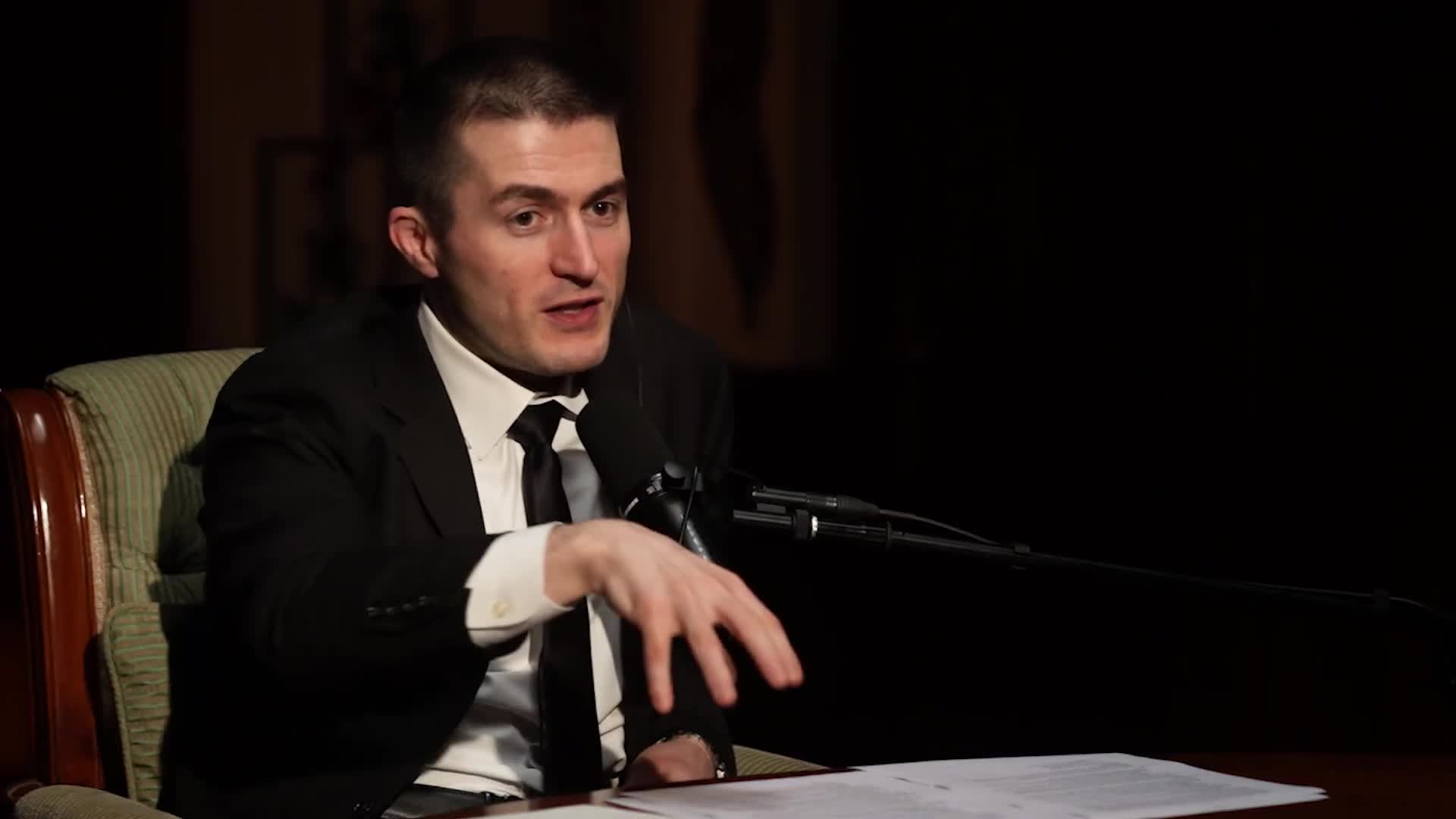Leadership Development
How do Indian cultural values influence work ethic and professional success?
Indian culture emphasizes equal respect for both one's birthplace and workplace, fostering dedication in all endeavors. Prime Minister Modi explains that Indians strive to give their best regardless of position, maintaining ethical standards and avoiding questionable practices. This collaborative nature enables effective teamwork and leadership. The ability to work effectively in teams, understand people, and harness diverse abilities makes Indians globally competitive. Their upbringing in joint families and open societies develops exceptional problem-solving and analytical thinking. These qualities have led Indians to achieve leadership positions in major global corporations, excel in innovation, entrepreneurship, and create extraordinary results across various sectors including space.
Watch clip answer (02:04m)Why are we seeing a rise of Indian-origin CEOs in the global business landscape?
According to Laxman Narasimhan, the rise of Indian-origin CEOs can be attributed to several factors. India builds resilience, flexibility, and adaptability in its people, essential qualities for CEOs who must find solutions even in imperfect situations. Indian leaders demonstrate a remarkable ability to bring people together and build strong teams around a vision. Indian-origin leaders like Satya Nadella and Sundar Pichai possess humble personalities yet attract large teams to their visions. The combination of these leadership qualities developed in India with the opportunities provided in Western markets creates successful global executives. This trend extends beyond tech, with pioneers like Indra Nooyi breaking barriers and serving as role models for the next generation of Indian business leaders.
Watch clip answer (02:46m)Why are Indian-origin CEOs succeeding in global business leadership?
Indian-origin CEOs succeed globally due to qualities fostered in India's dynamic environment. These leaders develop remarkable resilience, flexibility, and problem-solving skills that are essential for corporate leadership. They excel at attracting diverse talent to their vision and building effective teams despite imperfect circumstances. Following pioneers like Indra Nooyi who broke barriers, today's Indian-origin executives like Satya Nadella and Sundar Pichai combine their humble personalities with exceptional people skills. The ability to bring teams together is crucial, as leadership is fundamentally about people—Laxman Narasimhan notes spending nearly half his time on people matters.
Watch clip answer (02:38m)Are leaders born or made?
While some leaders like Teddy Roosevelt, FDR, and LBJ possess natural qualities that help in leadership (photographic memory, optimistic temperament, unbounded energy), most leadership traits are developed through discipline and hard work. As Teddy Roosevelt wrote, some have natural talents, but most people's success comes from combining ordinary talents with sustained effort to make them extraordinary. These great leaders recognized their flaws and worked to improve themselves, showing that effective leadership typically comes from the development of skills rather than innate abilities alone.
Watch clip answer (03:56m)What are the essential qualities that define a good political leader?
According to Doris Kearns Goodwin, character is the most important quality of a good leader, encompassing empathy, resilience, trustworthiness, and ambition for the greater good. She emphasizes that a leader should be someone who can be trusted to keep their word, accept loss gracefully, and have empathy toward people different from them. Goodwin notes that we need leaders whose words can inspire and unite rather than hurt and divide. She argues that trustworthiness is particularly crucial today when public trust in government has eroded. A leader of good character will naturally figure out what the country needs, whereas someone who lacks character but aligns with certain policies cannot be truly trusted to serve the public interest.
Watch clip answer (02:29m)How does Amy Edmondson define leadership?
According to Amy Edmondson, while there are many definitions of leadership, she prefers defining it as 'the ability to harness the efforts of others to achieve greatness.' Leadership is fundamentally about making a difference and creating outcomes that wouldn't otherwise happen. Leaders are inherently vulnerable to others' willingness to contribute not just effort, but also ingenuity, heart, and soul to a collective purpose. True leadership inspires voluntary commitment, prompting the question: for whom would people willingly work hard, stretch themselves, and fully engage under various conditions?
Watch clip answer (00:58m)



